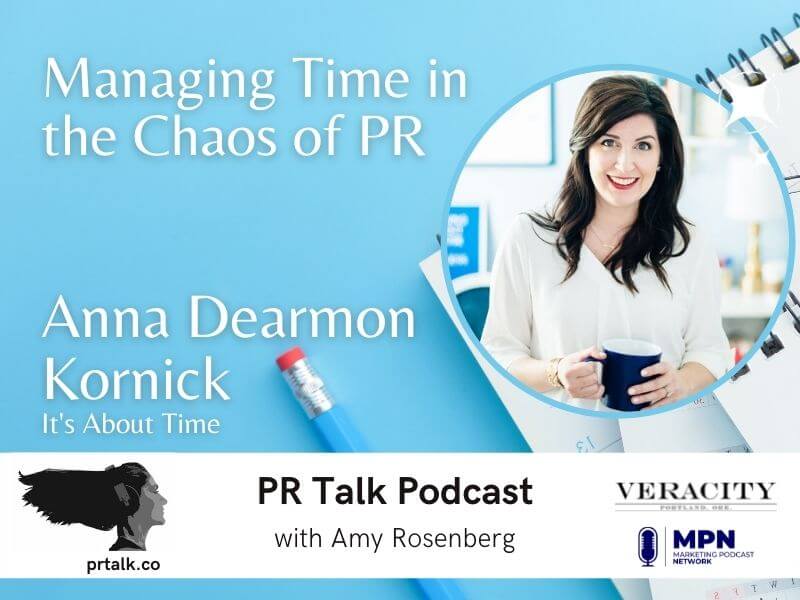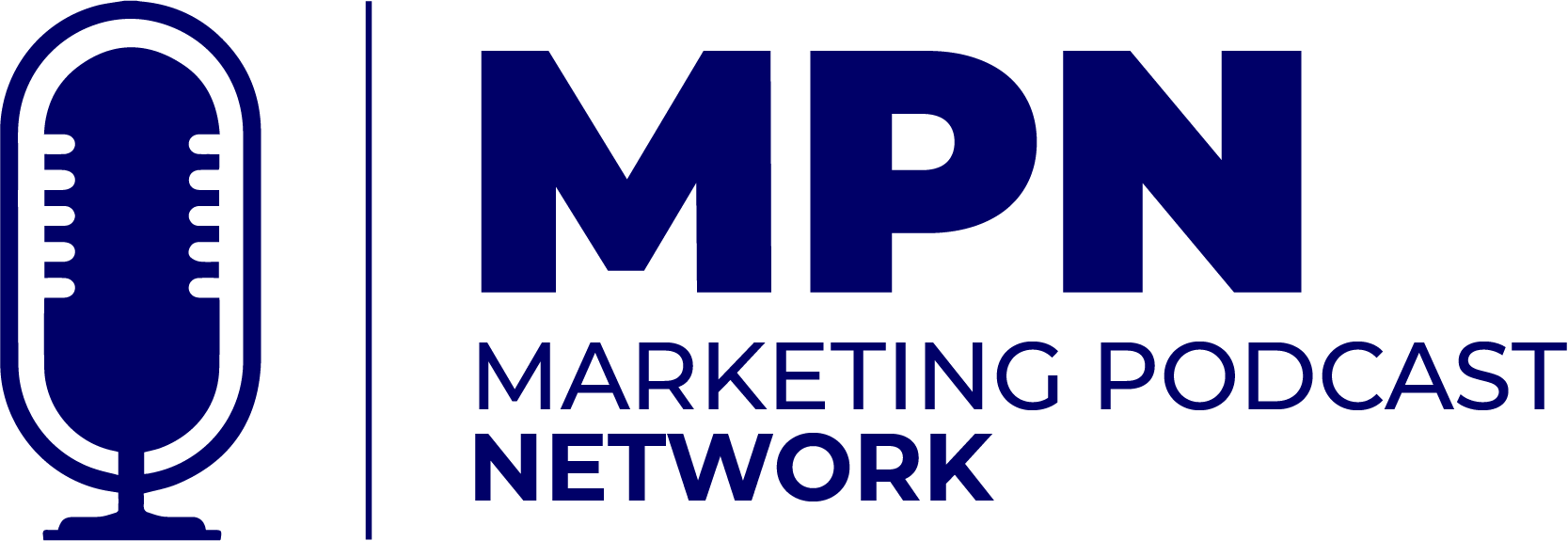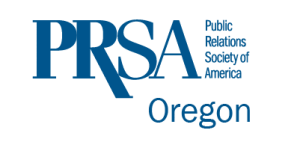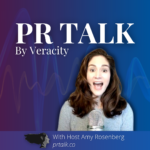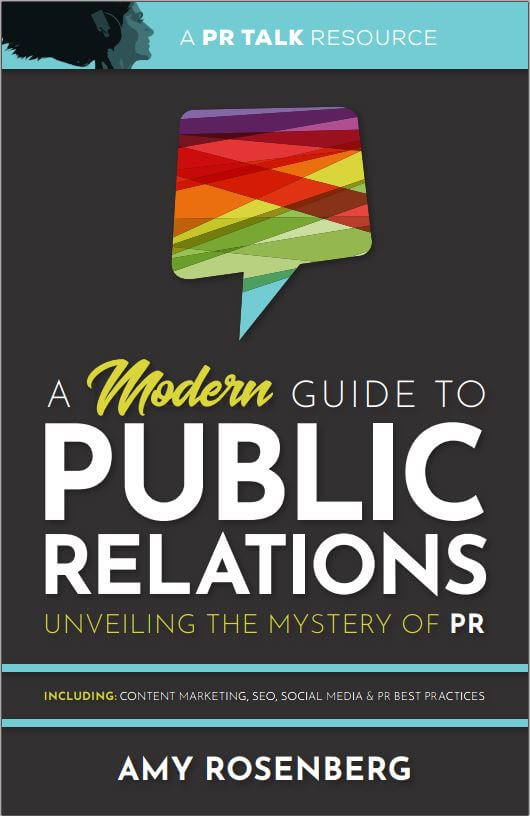In the spirit of getting organized, Amy’s newest guest on PR Talk is setting us on the right path. Anna Dearmon Kornick is a PR pro turned time management coach and host of It’s About Time, a podcast for ambitious women seeking better work, life, and balance. In this episode, Anna shares helpful strategies for professionals looking to manage their time productively. As we all know, organization is a necessary, but sometimes tricky, part of PR, but by incorporating some of these tips, you might find great results.
Rediscovering Purpose in the Chaos
After working as a scheduler for a U.S. congressperson, Anna moved back home to Louisiana and started her ten year career in government affairs as a PR crisis manager. That position had her choosing work over life, and in an attempt to find order in the chaos, she realized her life had become chaos. So Anna quit, but looking back, she realized quitting didn’t need to be her only option. As a time management coach now, she can see that diving into the basics of time management sooner could have fixed many of the issues she faced.
Clarifying Vision and Values
Today she works with professionals looking to find balance in the crises of life and work. She now understands that balance is impossible without boundaries, and setting clear boundaries starts by clarifying your vision and values. Once you have a clear idea of what you want, it is easier to prioritize. Anna explained how to organize work into four zones to determine what tasks align with your vision in order to eliminate, automate or delegate.
The four zones are as follows, but keep in mind you want to prioritize your genius zone tasks at the top:
- Genius Zone: Where you are proficient and passionate
- Disinterest Zone: Where you are proficient but not passionate
- Drudgery Zone: Where you are not passionate nor proficient
- Distraction Zone: Where you are passionate but not proficient
Organizing Your Stone Tasks
Now that you have found the tasks that fit your vision and values, it’s time to organize them by importance and urgency. Anna compares the jobs you have to stones represented as boulders (essential tasks that aren’t urgent), big rocks (essential and urgent tasks) and pebbles (the little tasks that can be distracting but need to get done). Once you have designated your tasks in their proper grouping, you can prioritize your workload by placing a boulder at the top of your schedule and working through the other rocks.
Amy takes the rebel side of things and questions the idea that she would even prioritize a “boulder” like business development. How does one push themselves to work on an important boulder like business development when there are other things like client work (big rocks) to hide behind? If you constantly avoid the boulders, Anna encourages a change in mindset by personally identifying with the boulder. For example, telling people that you are “very involved in your business development” can change how your mind sees that task, improving your efforts.
Workflow Strategies
Categorizing your workload is not the only thing that will create balance in your professional life. You also need to identify workflow strategies that organize your days to be the most productive. Below are four different approaches you can incorporate into your workload.
Time Blocking: Creating blocks of time in your schedule for specific projects is the basis of this strategy. Instead of pushing yourself to do a million things in one day, you can choose just a few important tasks based on the methods above. Once those are selected, block out the time it will take to complete those tasks in your calendar.
Creative Flow: Client texts, email chains, slack notifications, you name it, are taking up a lot of your creative time, but if you can organize those tasks using the methods above, you will find space for your creative flow. This means designating two to four hours of uninterrupted time spent in an environment that encourages your creativity.
Themed Days: Themes can come in the form of days, weeks or even months. If you work on social media every Monday, your team knows to get the post they want featured to you before then. Designating a specific timeframe to one theme not only sets you in a good rhythm but also sets team expectations.
Startup and Shutdown Routines: Sometimes, it can be challenging to differentiate work from life, especially when you lack the physical barrier of an office. And since a PR pro is never finished, many of us mull over our uncompleted tasks after hours. Start-up and shutdown routines can help transition from non-work brain to work brain and vice versa. Both practices repeat daily with five to seven physical actions, which can include sitting down at your desk (start-up) or reviewing projects that still need work (shutdown).
Tools for Work Organization
The strategies above work wonderfully when you have the right tools. Many of us probably have some sort of project management system in place, but you might want to ask yourself if it’s working. As a time manager, here are the four tools Anna believes everyone should use.
- Collaboration Tool: How the team communicates with each other (such as Slack)
- Capture Tool: Where ideas go (such as Evernote)
- Calendar Tool: Meeting and event organization (such as Google Calendar)
- Client Management Tool: For tracking client work (such as Toggl)
These tools will not only help organize your workload, but when you combine them with the strategies and methods discussed throughout this podcast episode, you’ll be less stressed and more productive. Listen now to hear what Anna recommends as the one strategy and tool you should use above everything else.
Don’t Miss an Episode
If you haven’t already subscribed to the PR Talk Podcast, you can find more great episodes on iTunes, Stitcher, Google Podcasts, iHeart Radio and Spotify. While you’re there, don’t forget to rate and review the show!
About the Guest: Anna Dearmon Kornick
Anna Dearmon Kornick is a time management coach who helps busy professionals and business owners master time management so they can stop feeling overwhelmed and start spending time on what matters most. Her weekly podcast, It’s About Time, shares stories and strategies to inspire women seeking better work/life balance.
PR Talk is part of the Marketing Podcast Network
The Marketing Podcast Network gives brands that sell to marketers direct access to reach thousands of buyers via their trusted media source: Marketing podcasts. Browse our library of shows and see where your message can be placed to reach prospective customers ripe for your message.
This episode of PR Talk is brought to you by PRSA Oregon
Throughout Oregon and Southwest Washington, PRSA provides members with networking, mentorship, skill building and professional development opportunities – whether you are a new professional fresh out of college or a skilled expert with 20 years in the industry. Check out PRSAoregon.org for more information on how membership can help you grow and connect.

